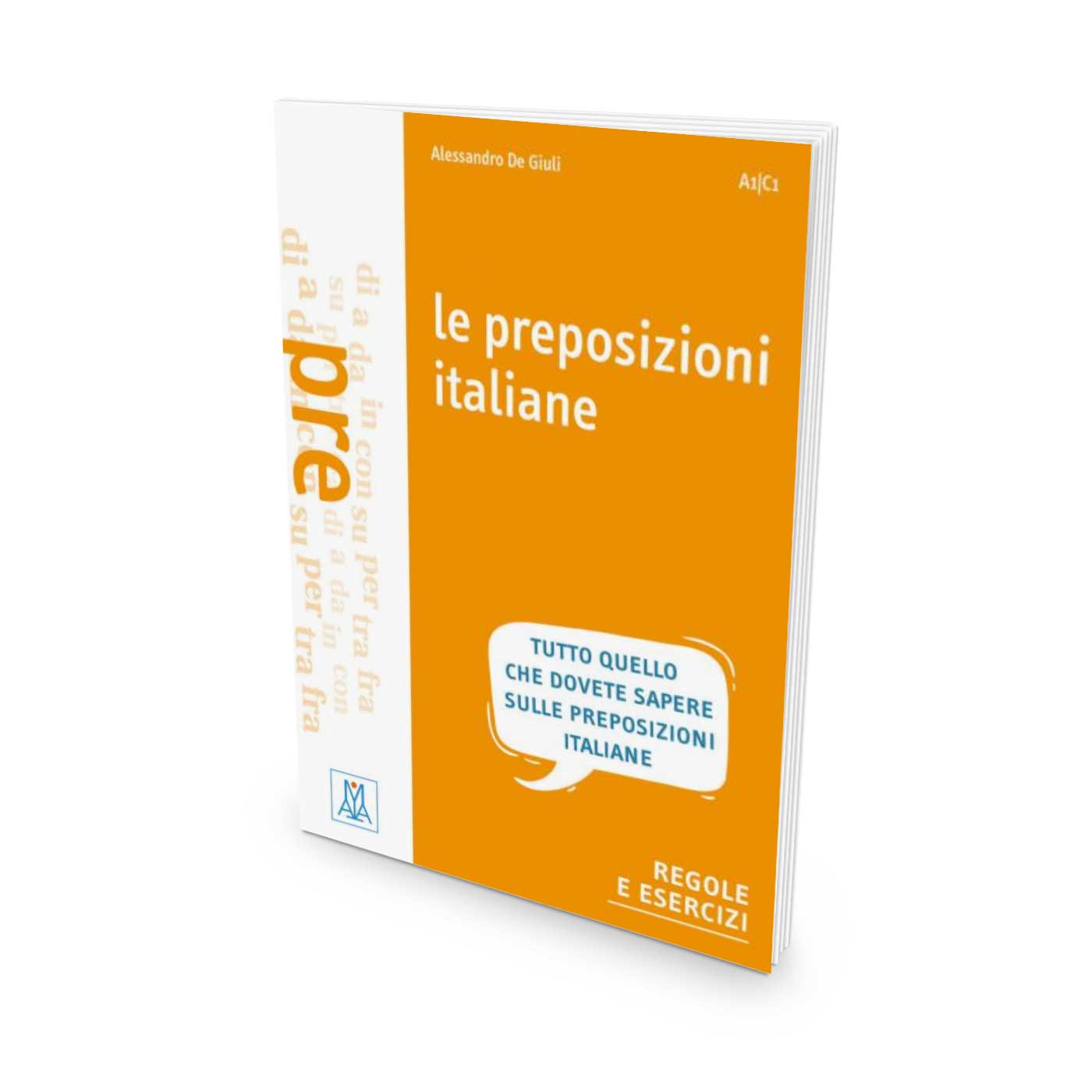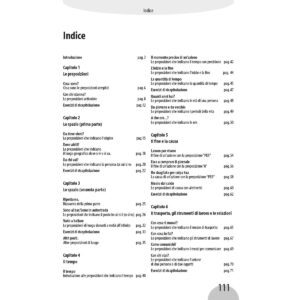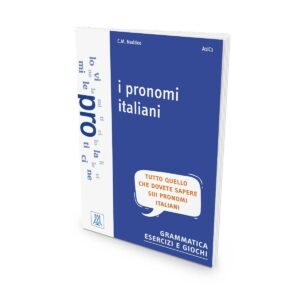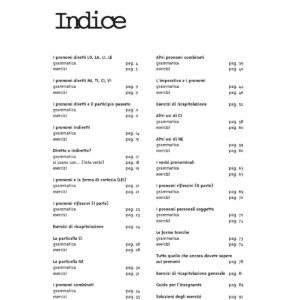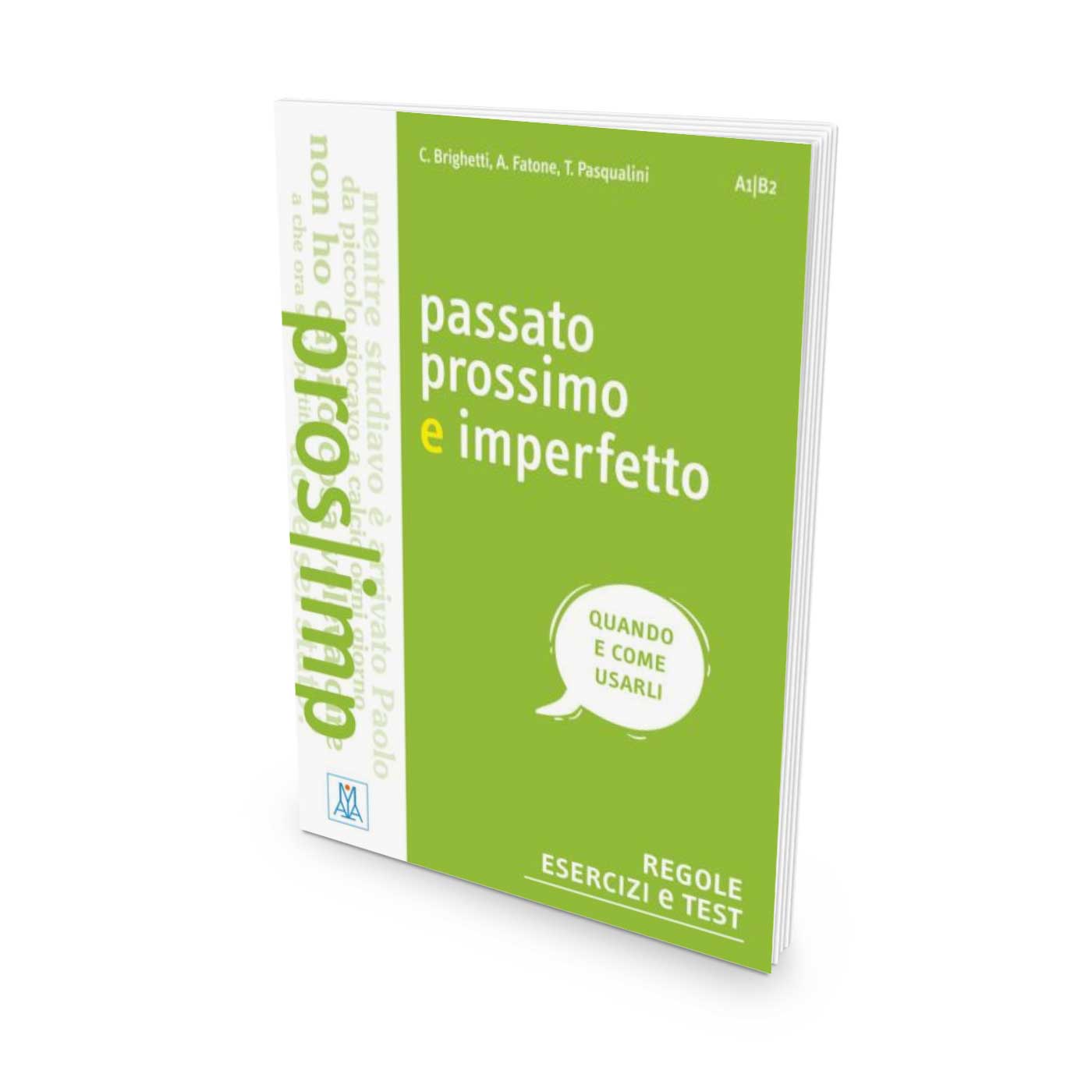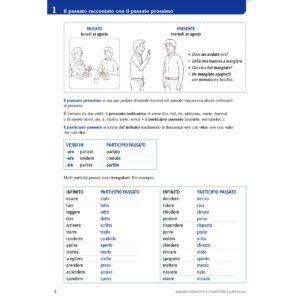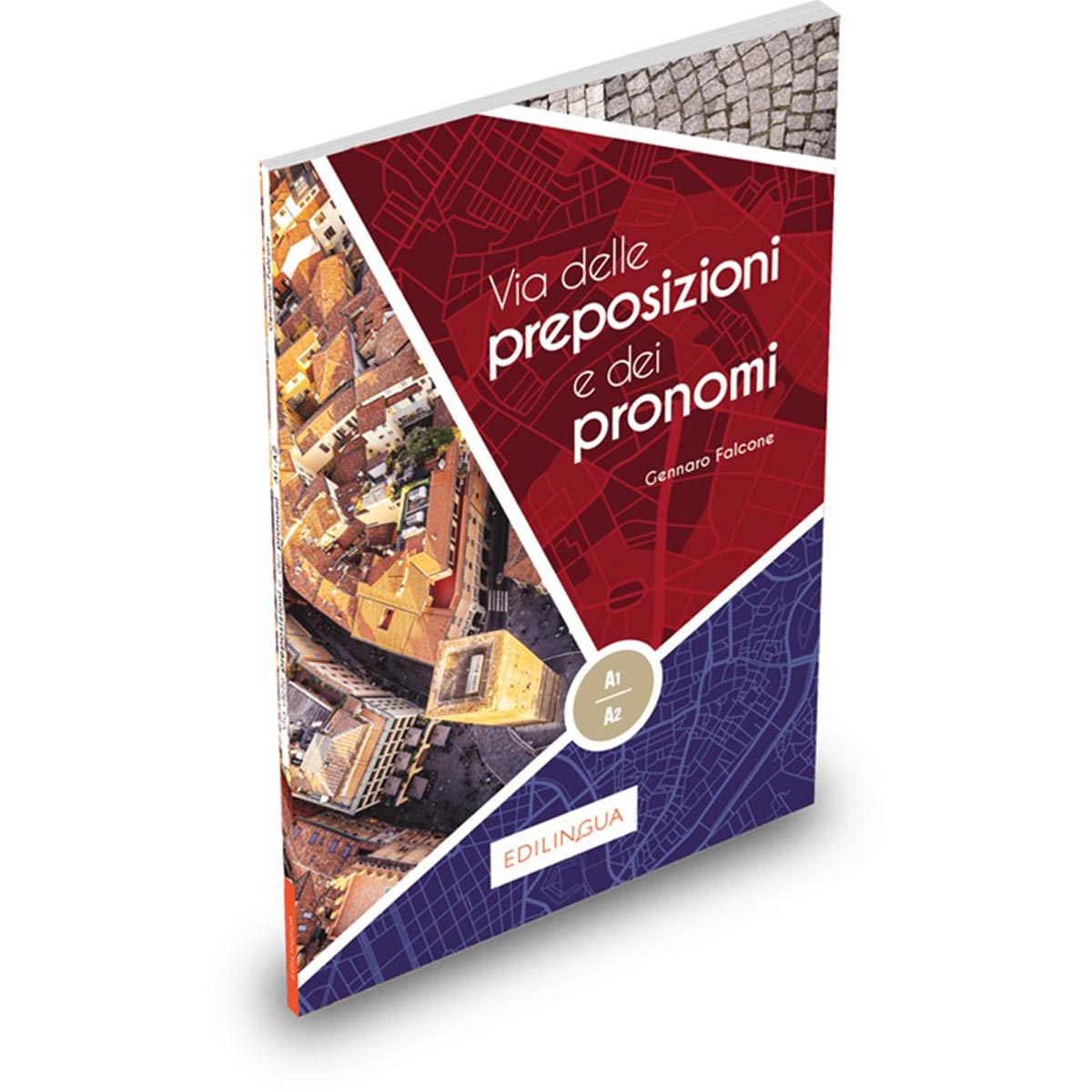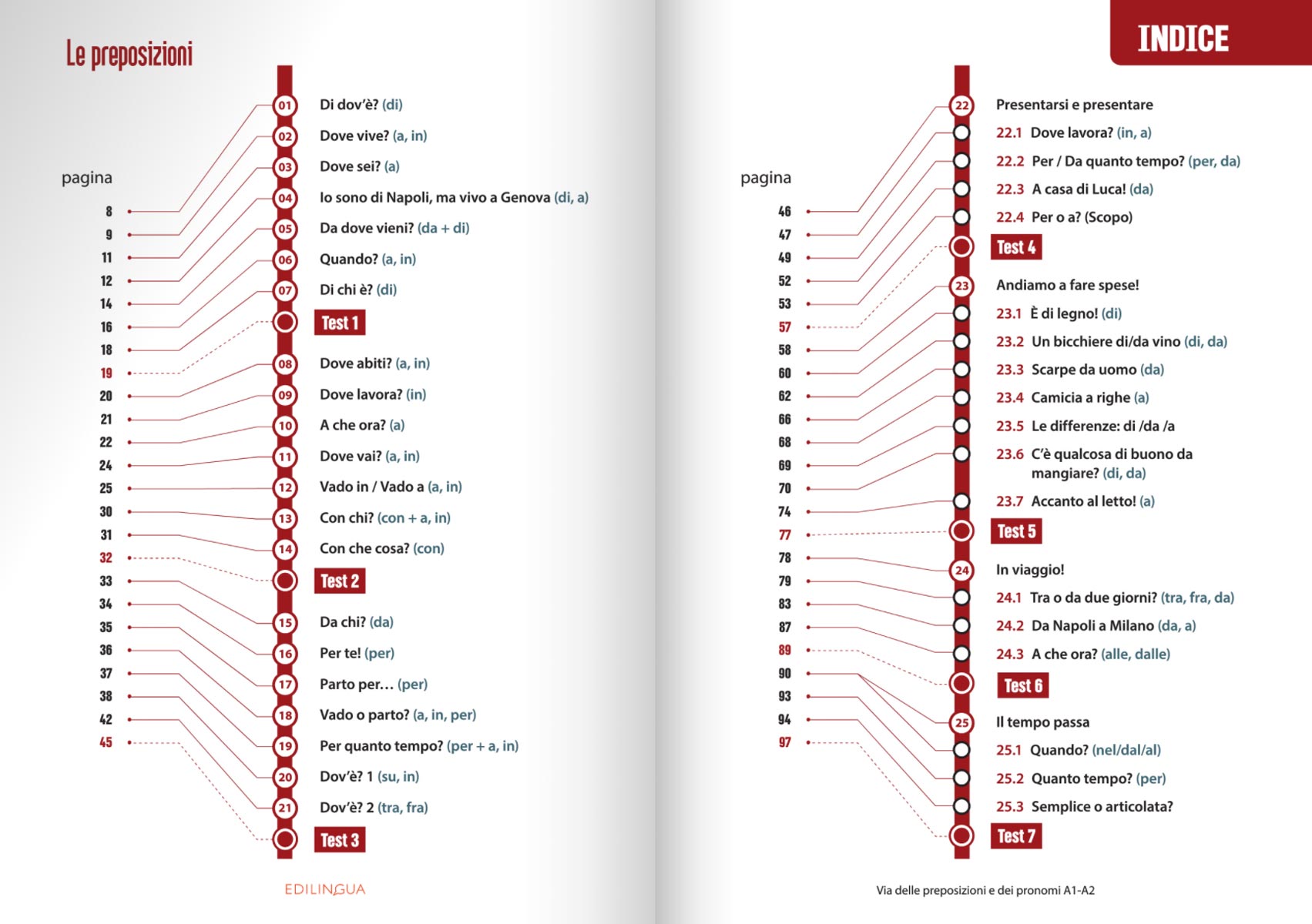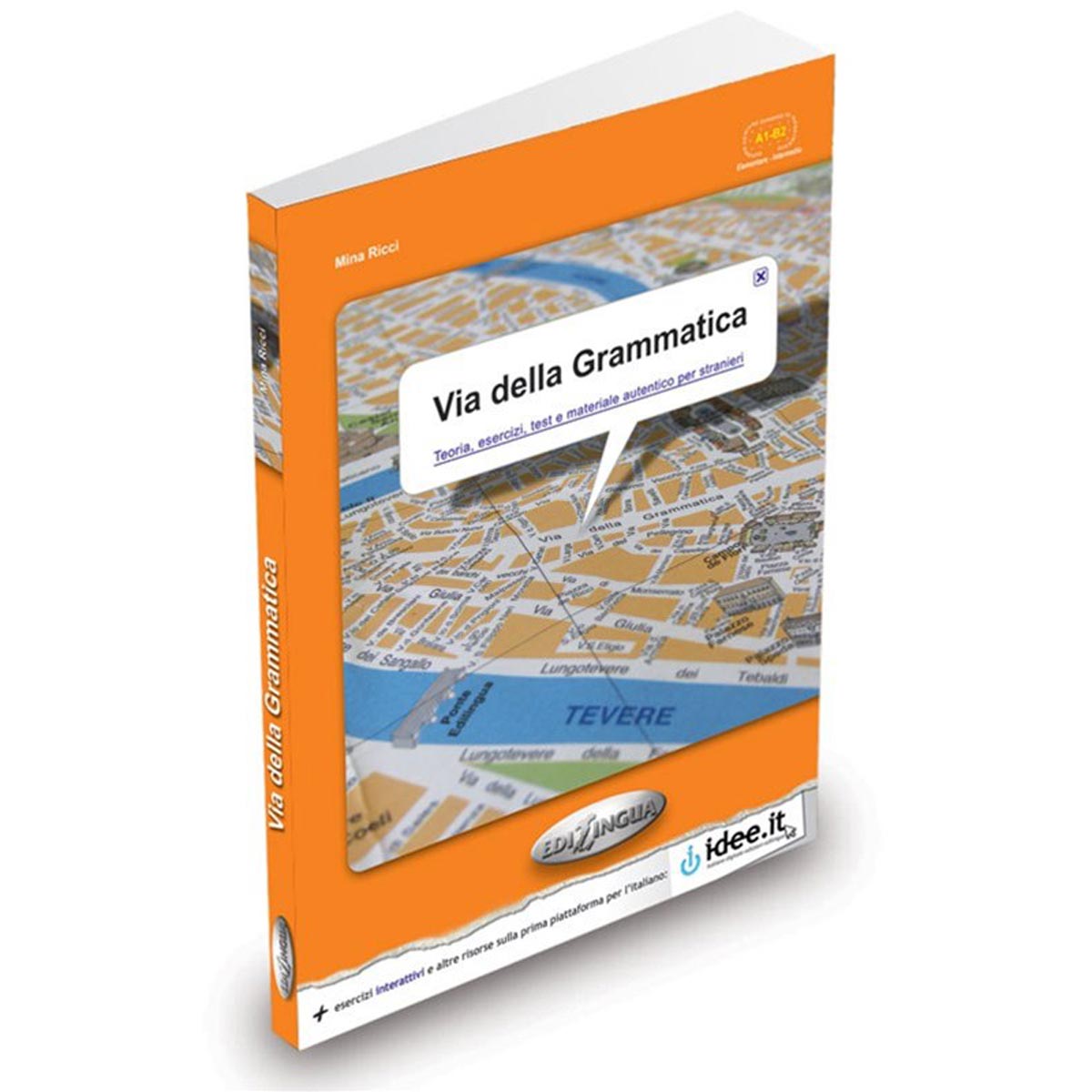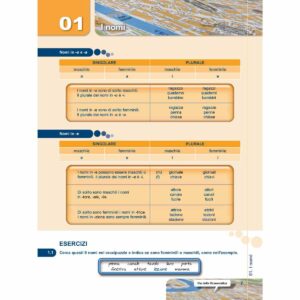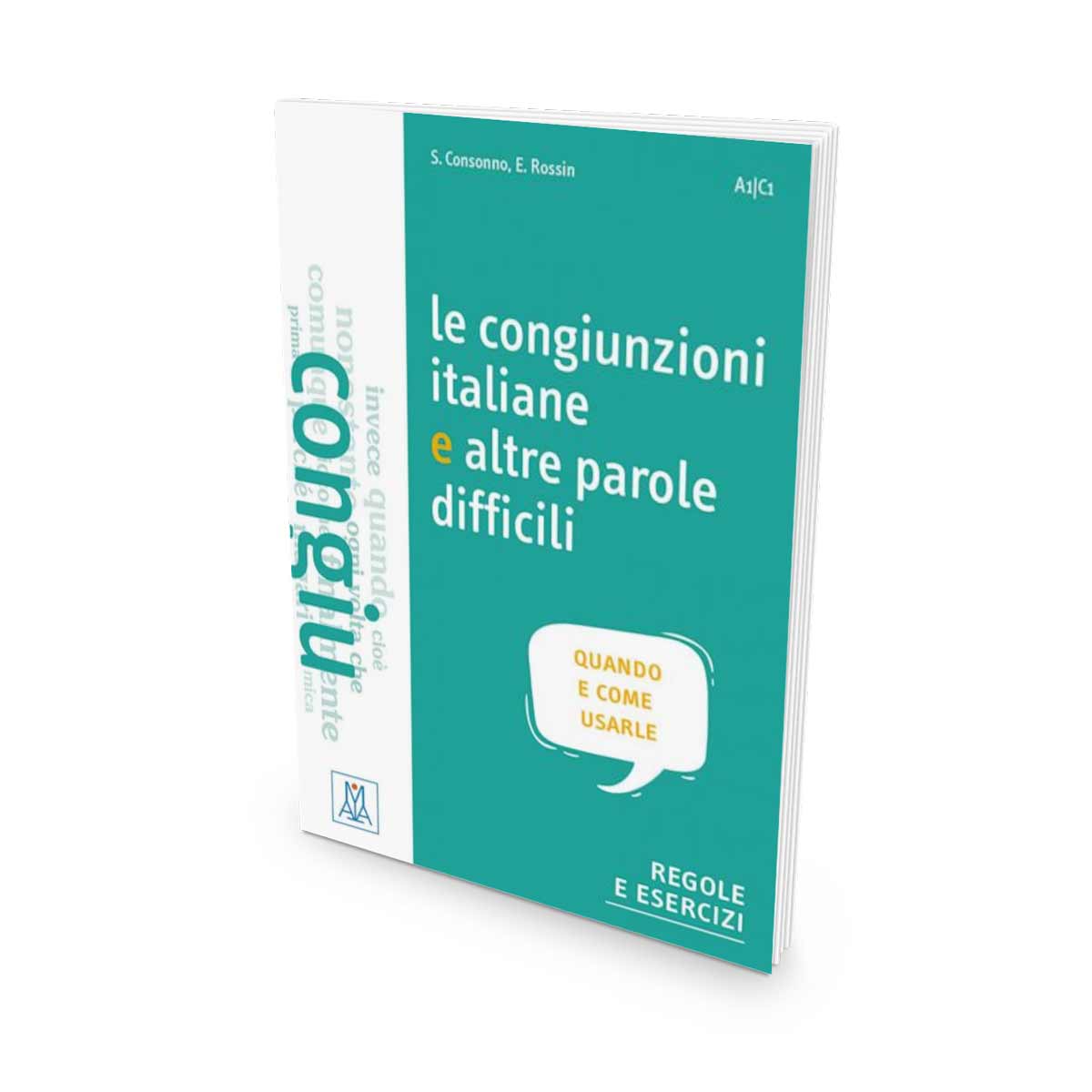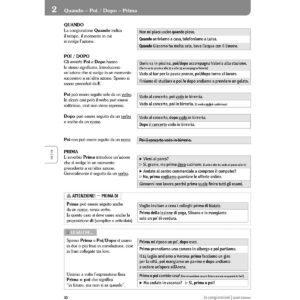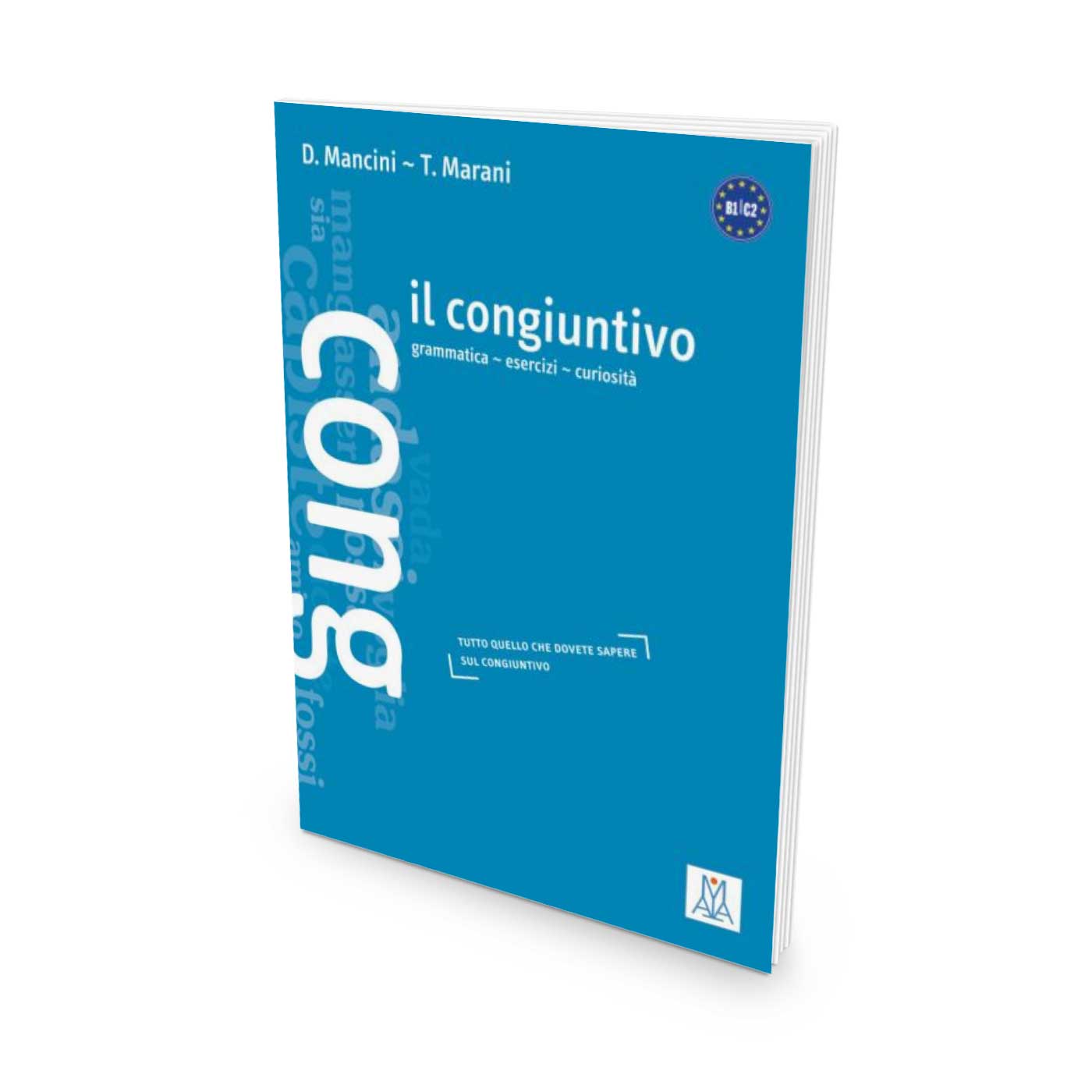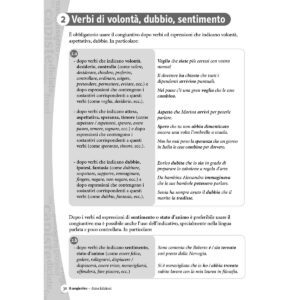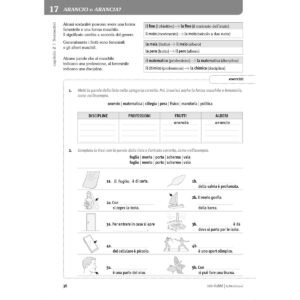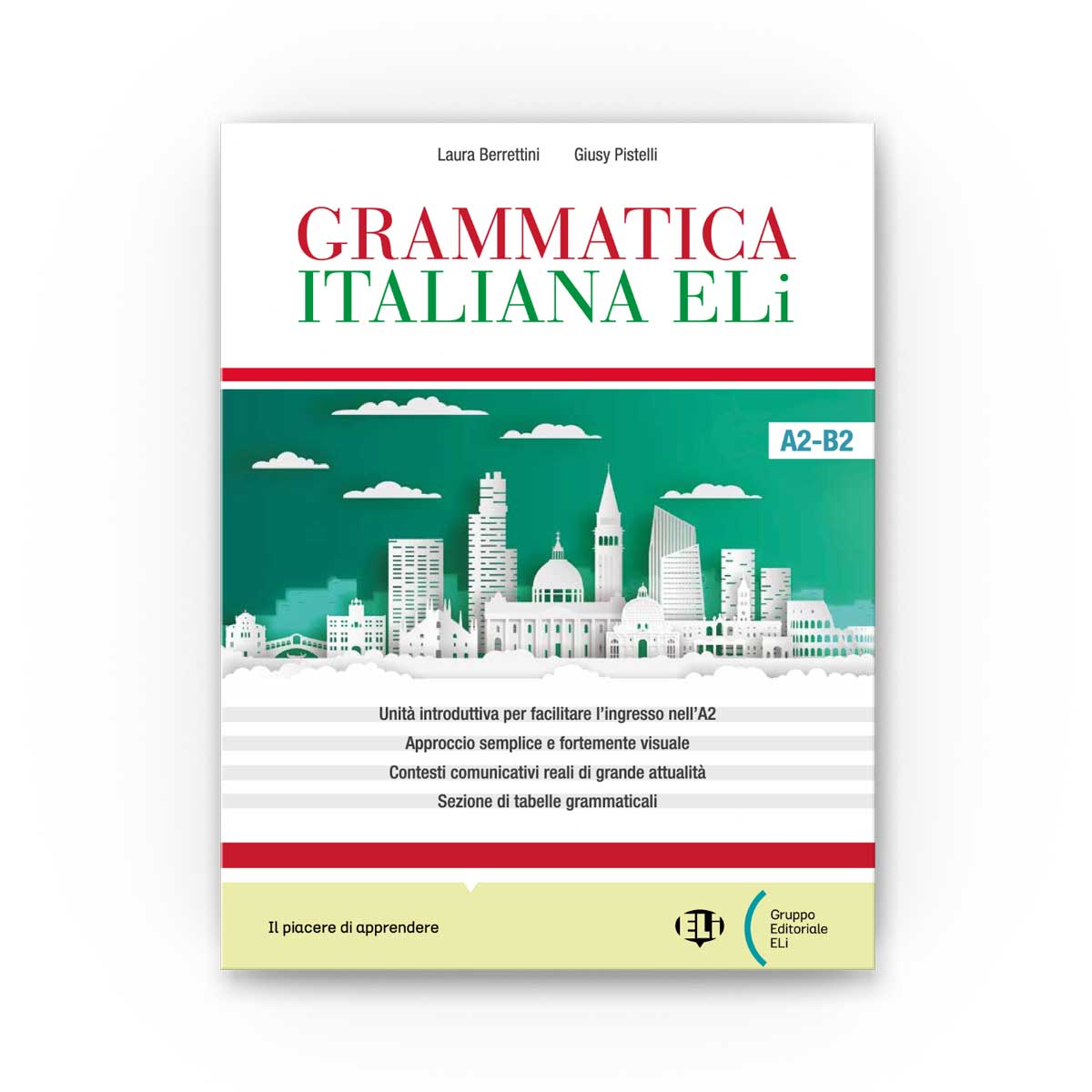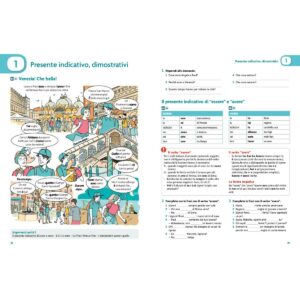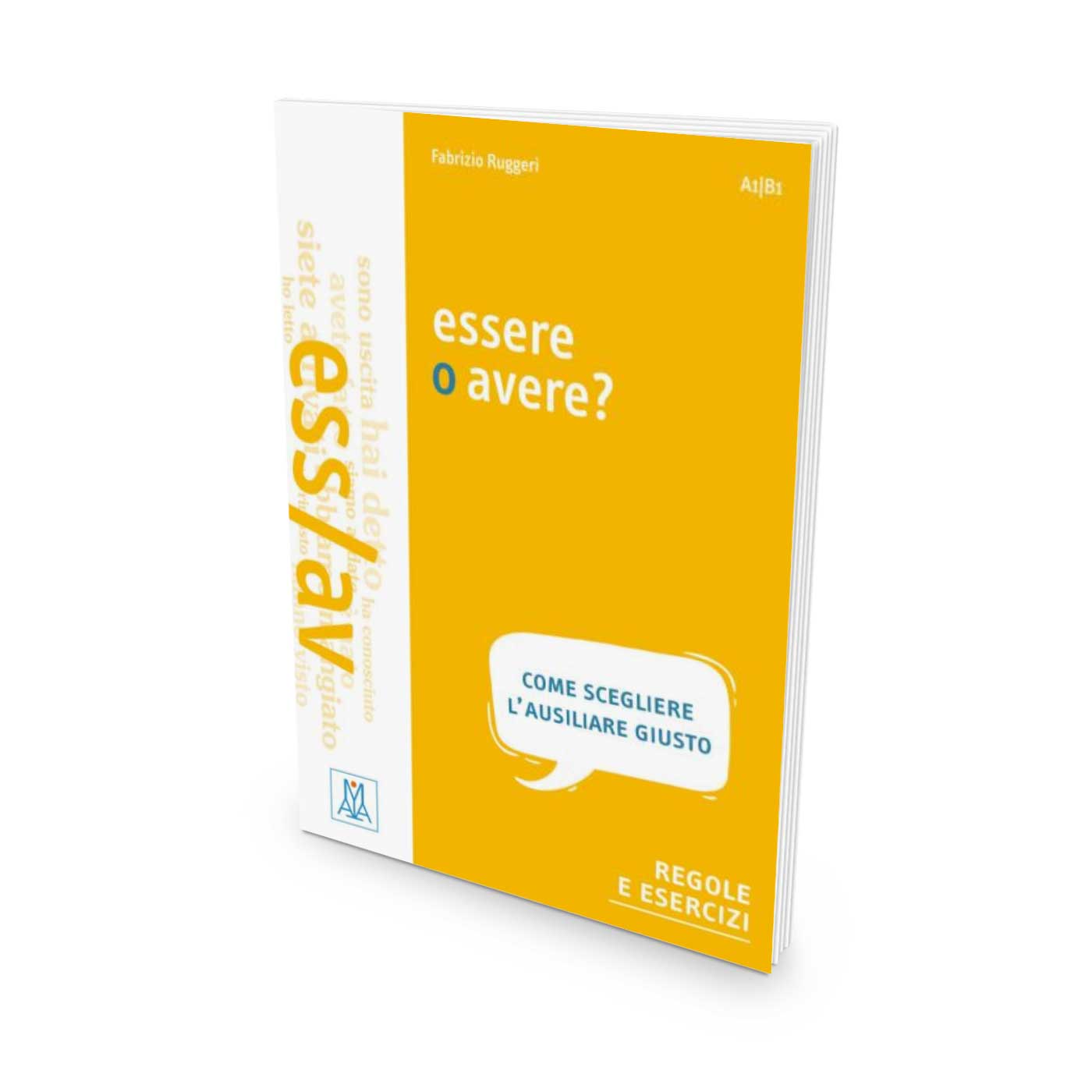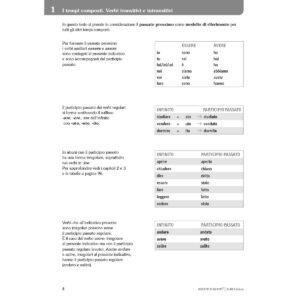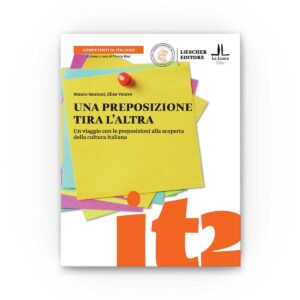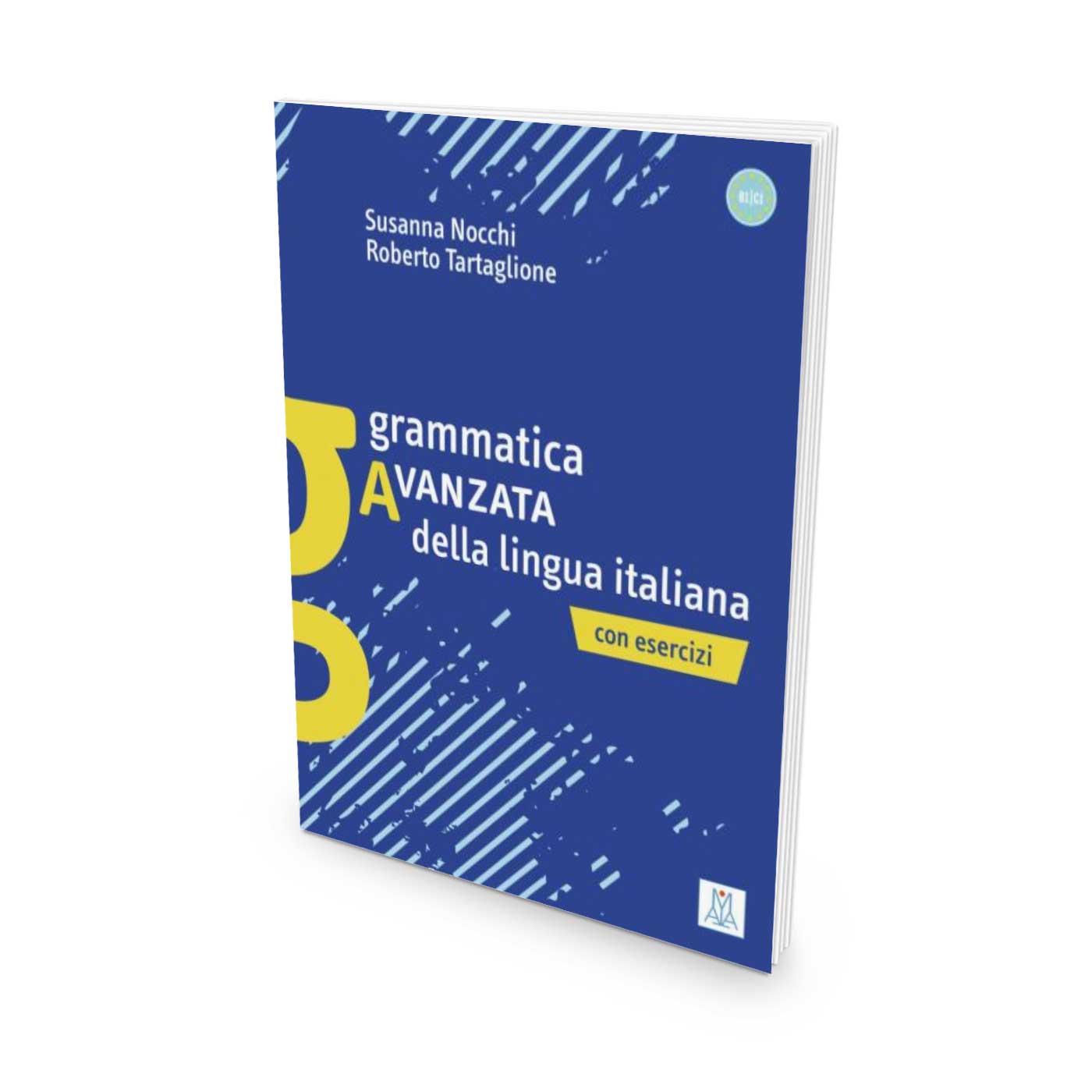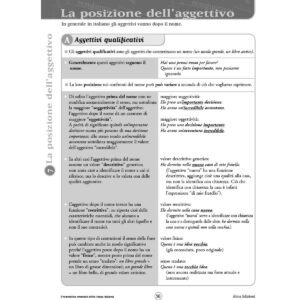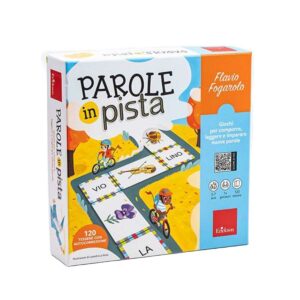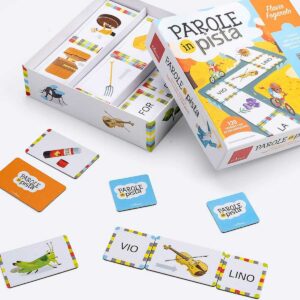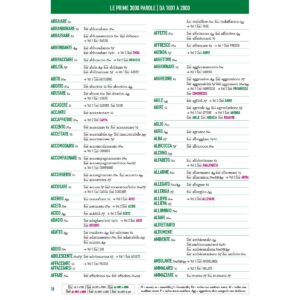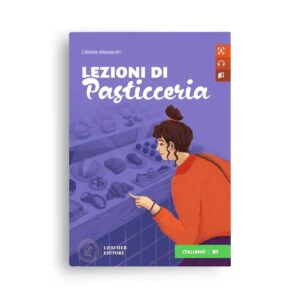SI is an impersonal pronoun meaning “one” (someone). Let’s learn how to use the impersonal SI correctly in Italian.
The impersonal si
With impersonal SI, the following options are available:
| Al ristorante si mangia. | In the restaurant one eats. | Without reference word. |
| A Natale si mangia il panettone | On Christmas one eats panettone. | Reference word in singular |
| A Natale si aprono i regali. | On Christmas one opens gifts. | Reference word in plural. |
| In vacanza ci si rilassa. | On vacataion one relaxes. | With reflexive verbs |
1. SI without reference word
This is very simple. The verb is conjugated in the 3rd person singular. Without a reference word means that there is no object (no what?) after the verb, but either nothing or words like adverbs.
| A Capodanno non si lavora. | One does not work on New Year’s Day. |
| In Italia si mangia bene. | In Italy one eats well. |
2. SI with reference word
If there is a reference word, the verb is adapted to it, i.e. the verb is in the 3rd person singular or plural, depending on whether the word is singular or plural.
| In pizzeria si mangia la pizza. | In the pizzeria one eats pizza. |
| In libreria si comprano i libri. | In the bookstore one buys books. |
Reference word before or after?
The reference word can be at the beginning of the sentence or after the verb, depending on how you want to give the information or what question is being answered.
| Dove si comprano le medicine? | Le medicine si comprano in farmacia. |
| Where to buy medicines? | One buys medicine at the pharmacy. |
| Cosa si compra in farmacia? | In farmacia si comprano le medicine. |
| What does one buy at the pharmacy? | In the pharmacy one buys medicines. |
Grammar in-depth: Strictly speaking, the function of this SI with reference word (or with so-called transitive verbs) is not that of an impersonal pronoun, but that of a passive. Therefore, the verb adapts to the reference word, which is precisely the subject of the sentence. It is called “Si passivante” and it can also be replaced by another passive construction:
I libri si comprano in libreria = i libri vengono comprati in libreria (Books are bought in the bookstore)
3. SI with reflexive verbs
When you have a reflexive verb along with the impersonal SI, two si collide: one washes himself = si + si lava. To avoid this, the first SI becomes CI: ci si lava.
| In vacanza ci si rilassa. | On vacation one relaxes. |
| Alle feste ci si diverte. | At parties one has fun. |
Adjectives with impersonal SI
When a SI construction is followed by an adjective, it has the i ending (masculine plural).
| Ai matrimoni ci si veste eleganti. | At weddings one dresses elegantly. |
| Alle feste si è allegri. | At parties ones is cheerful. |
Impara di più!
The meanings of SI
The small word SI has several meanings in Italian. Do you know them all yet?
Reflexive verbs
Reflexive verbs are composed of a reflexive pronoun and a verb, like mi lavo.
